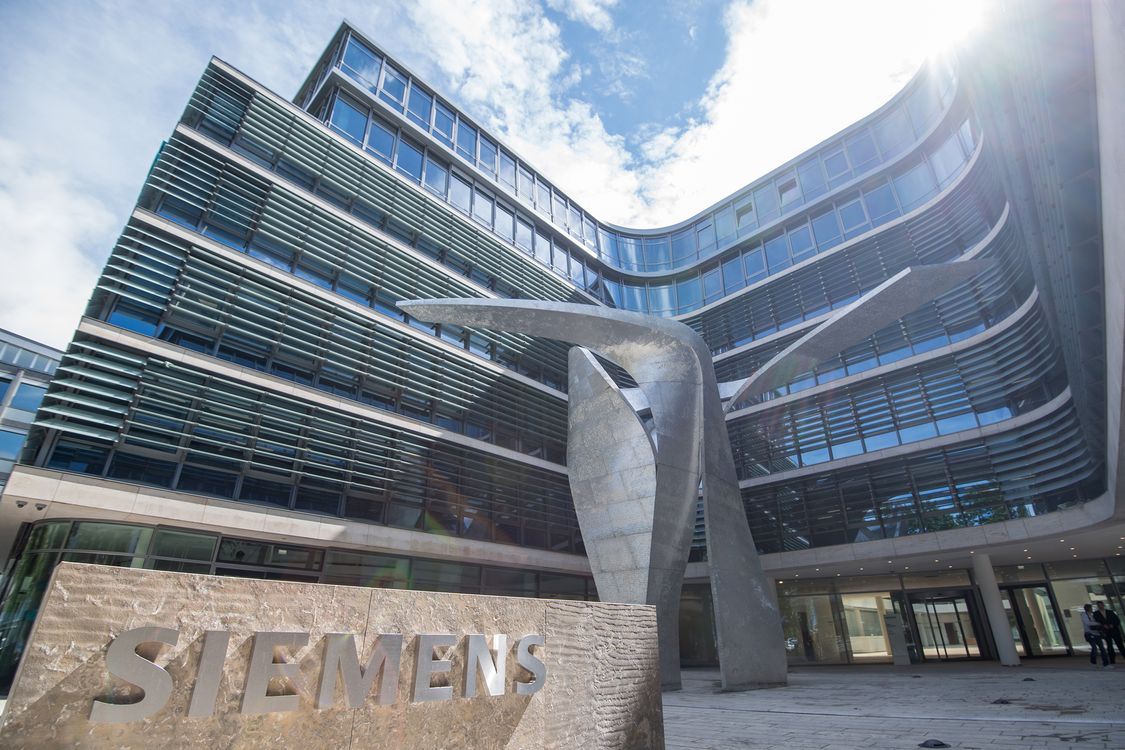MIT Expertise Review recently published an article examining the emergent industrial metaverse with Siemens AG, a German multinational corporation that focuses on electrification, automation, and digitalization. The article explores how Siemens is leveraging the power of the metaverse to transform industrial operations and create new opportunities for collaboration and innovation. The industrial metaverse is a virtual space that replicates the physical world of industrial operations. It allows companies to create digital twins of their factories and equipment, enabling them to simulate and optimize processes in a virtual environment. This can lead to improved efficiency, reduced costs, and better decision-making.
Siemens has been at the forefront of the industrial metaverse revolution, using its expertise in digitalization to create innovative solutions that are transforming industrial operations. The company has developed a suite of tools that allow users to create digital twins of their factories and equipment, including simulation software, data analytics tools, and cloud-based services. One of the key benefits of the industrial metaverse is its ability to facilitate collaboration and innovation. By creating a virtual space where engineers, designers, and other stakeholders can work together, companies can accelerate the development of new products and processes. The metaverse also allows companies to test and refine ideas in a virtual environment, reducing the need for costly and time-consuming physical prototypes. In addition to its potential for improving efficiency and innovation, the industrial metaverse also has significant implications for sustainability. By optimizing industrial processes and reducing waste, companies can reduce their environmental impact and contribute to a more sustainable future. However, there are also potential risks associated with the industrial metaverse, such as data security and privacy concerns. As companies increasingly rely on digital twins of their factories and equipment, there is a risk that sensitive data could be compromised. It will be important for companies to implement robust security measures to mitigate these risks. Siemens is aware of these risks and has taken steps to address them. The company has developed a set of principles for the ethical use of artificial intelligence (AI) and has committed to being transparent about its use of AI in industrial operations. Siemens is also working with other companies, governments, and organizations to establish standards and guidelines for the industrial metaverse.

The industrial metaverse is still in its early stages, but it has the potential to revolutionize industrial operations and create new opportunities for collaboration and innovation. As companies like Siemens continue to invest in the technology and develop new solutions, the possibilities for the industrial metaverse are endless. MIT Expertise Review’s examination of the industrial metaverse with Siemens AG highlights the potential of this emerging technology to transform industrial operations and create new opportunities for collaboration and innovation. While there are potential risks associated with the industrial metaverse, companies like Siemens are working to address these risks and establish ethical standards for its use. As the technology continues to evolve, it will be exciting to see the impact it has on the future of industry and sustainability.



